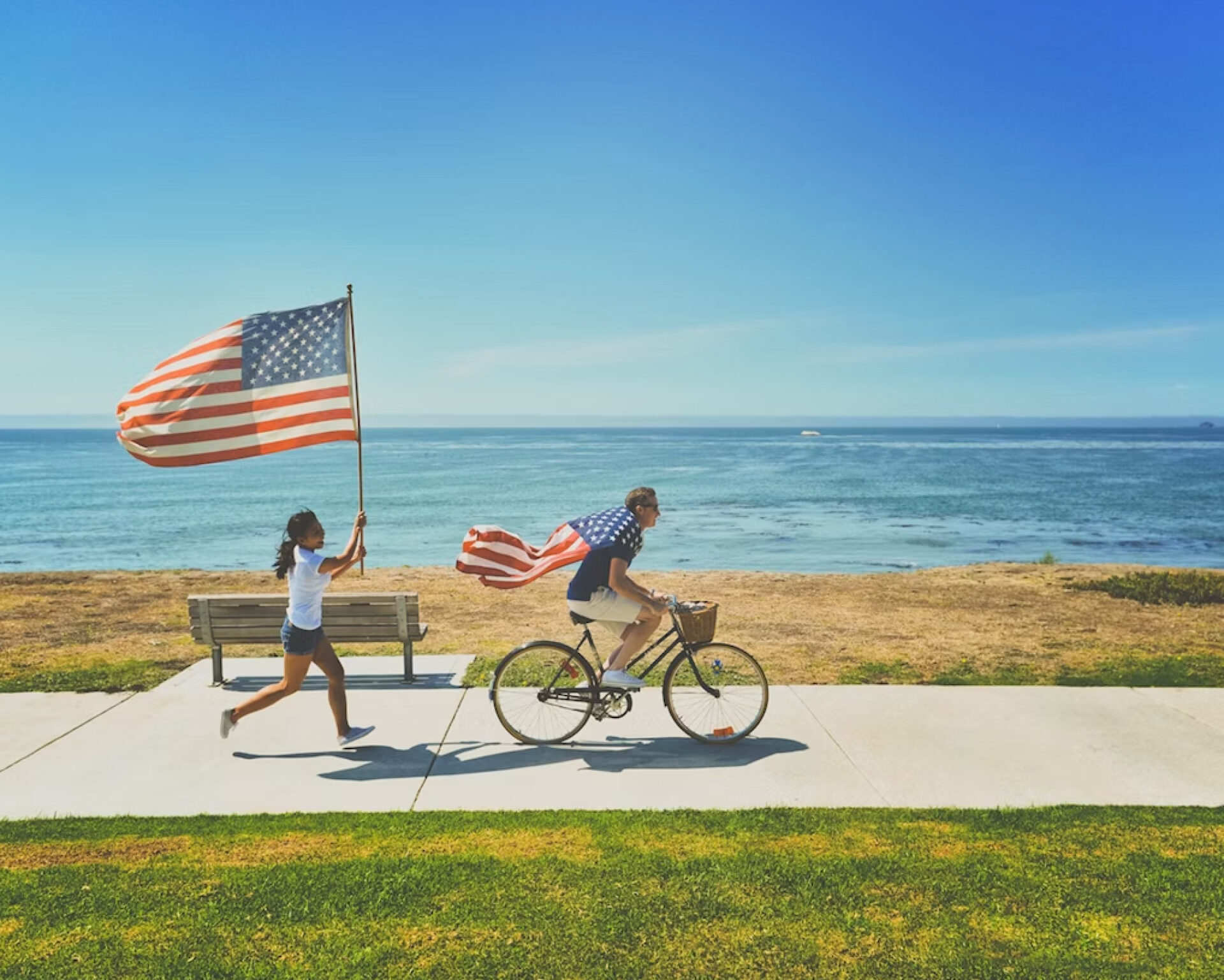
New polling by Savanta ComRes for Mental Health Awareness Week 2021 shows almost half say that the pressure to socialise is negatively affecting their mental health
Two in five 18-34s (38%) say that their mental health is worse now than at the start of the year...
A new poll from Savanta ComRes to coincide with the start of Mental Health Awareness Week finds that almost half (45%) say that pressure to socialise is currently affecting their mental health.
The poll of over 2,000 UK adults finds that, while just one in six UK adults say that their mental health is either poor or very poor (16%), many are finding pressures relating to lockdown and the pandemic having an impact on their mental health.
And the findings are even more stark for younger adults, with a quarter of 18-34s (23%) saying that their mental health is either poor or very poor, and seven in ten (70%) saying that the pressure to socialise is affecting their mental health.
Two in five 18-34s (38%) say that their mental health is worse now than at the start of the year, 12pts higher than the national average (26%).
Of the factors we tested, worrying about the future (72%), the pandemic (70%), and spending too much time indoors (65%) are most likely to be affecting people’s mental health right now.
Worrying about the future is affecting nine in ten (86%) of 18-34-year-olds’ mental health compared to 56% of those aged 55+.
The good weather is most likely to have made the biggest positive difference to their wellbeing in the last week (41%) followed by time outdoors (34%) and spending time with others (28%). The same factors are also likely to be the things they think will most affect their wellbeing in the coming week.
There is a significant difference in what different age groups say would most positively impact their wellbeing. Whilst those aged 18-34 are most likely to say more money (32%), those aged 55+ are most likely to say that better weather would make the biggest impact (52%).
Around one in five 18-34s (17%) think they are spending ‘too much’ time outdoors and are more likely than other age groups to say more free time would have the biggest positive difference to their wellbeing in the coming week.
While approaching half (45%) say they’re spending more time outdoors than the start of the year, a similar proportion still think the time they spend outdoors is too little (38%).
The public appear split about restrictions easing, although on most issues they are more excited than apprehensive:
- Making plans with friends/family – 61% mostly excited/17% mostly apprehensive
- Country going back to ‘normal’ – 55% mostly excited/21% mostly apprehensive
- Resuming pre-lockdown activities – 53% mostly excited/20% mostly apprehensive
- Being able to visit pubs, bars, restaurants – 49% mostly excited/24% mostly apprehensive
- Returning to workplace – 33% mostly excited/18% mostly apprehensive





